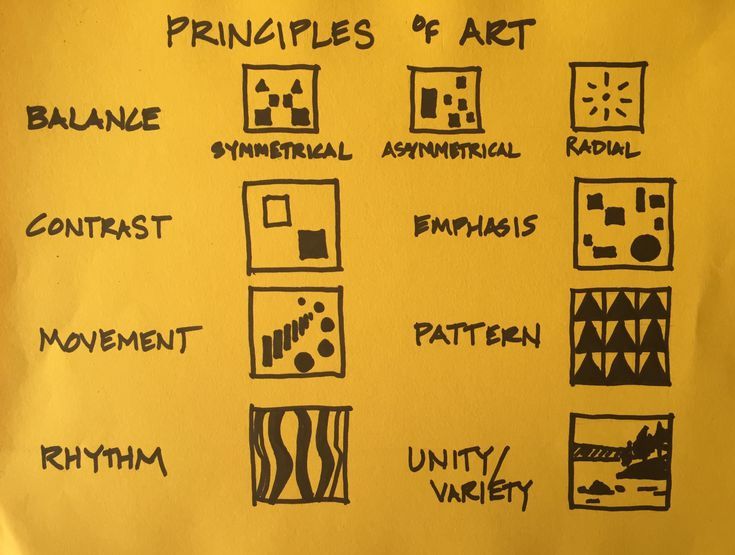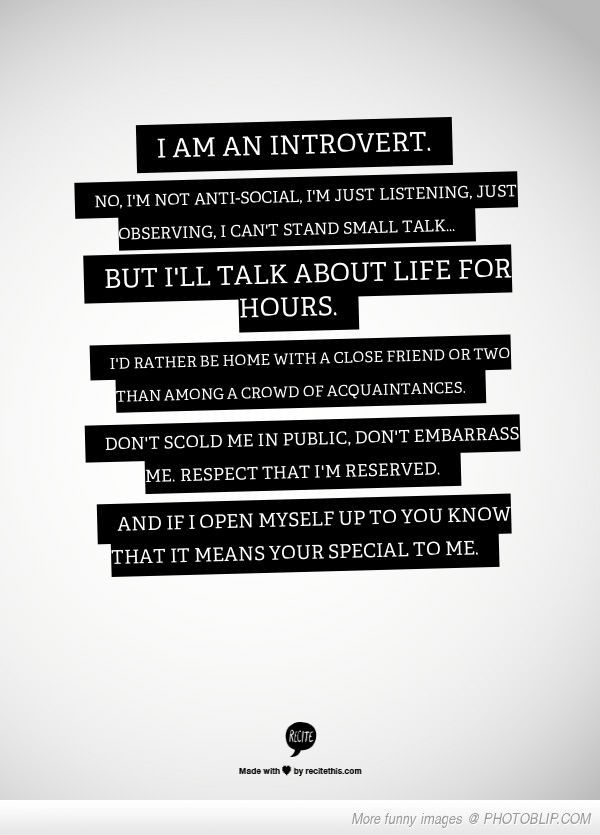Weekly couples intentions
Make this “Your Year!” An Intention Setting Guide for Couples and Individuals
I’ve heard clients, friends, and family make comments such as, “this is going to be my year,” “last year was not my year,” “I’m hoping that this will be my year.” I’ve noticed that making it their year is contingent on some sort of achievement or gain. It often sounds like: “this year I plan to get in shape,” “I hope to get a promotion,” “I will become a homeowner,” “I plan to find a partner,” “I’m hoping to get engaged,” etc. What do you need to experience, see, or accomplish to consider this “your year?”
Are you goal oriented? So, what are your goals for the new year? If you’re a goal oriented person, that question will not bother you, in fact, it may stimulate you. You may be able to fire those goals out to anyone who asks in a manner that exudes an eloquent confidence with specifics around steps and dates within the year in which you plan to achieve those goals. Congratulations, on your ability to focus, create detailed task lists and actually complete them! Being goal oriented supports many people, some people thrive from setting goals, competing, and healthy stress.
For those of you out there that embrace the word, “goal,” who turn that energy into action, (and I say this sincerely) yay you!
For many others (the vast majority), the mere word, “goal” brings with it feelings of pressure, anxiety, stress and expectation (immediate migraine). I have observed clients show signs of distress during session, such as fidgeting, rapid heart rate and speech when the word, “goal” is brought up since there are various cognitions and feelings attached to it. The thought of having to sit down and come up with a “plan” around achieving your “goals” for the new year can feel like going on a job interview when you have just been laid off! In which there is a lot riding on what you do, you fear judgment, and there is a belief that you have to get everything just right in order to be considered a success and worthy of being on the team! You either get the job or you don’t. You either pass or fail.
The idea of setting intentions seems so much friendlier, when the word intention is shared during session, clients usually breath deeper, become pensive , speak softly and share in a more concise way.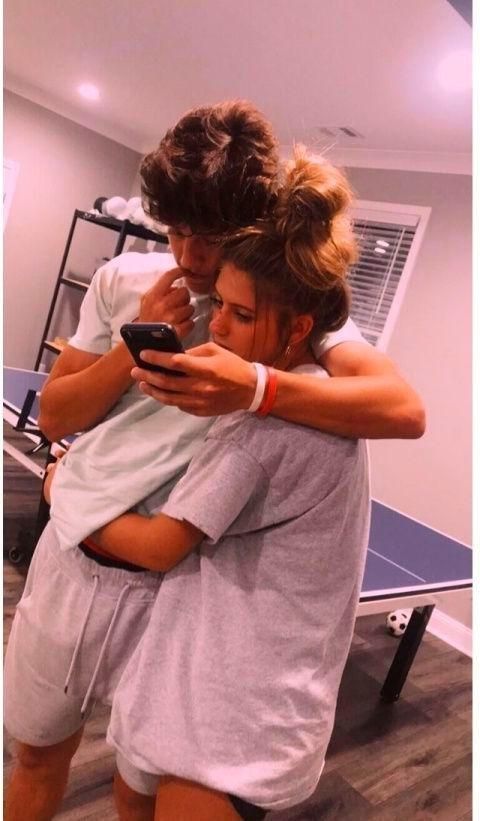 The word intention is soothing, it evokes hope, a gentle nudge. Rather than the idea of sitting across from someone in a stuffy suit on the other end of a desk in an unfamiliar setting who you feel will judge you, I encourage you to envision a cup of hot chocolate or tea in hand, perhaps a glass of wine or beer and sitting back on a comfy sofa, legs propped up, sitting next to an encouraging family member or close friend and discussing some things that you would like to do or have always dreamed about doing and then envision making that a reality. Think about how you can create the life you want in the new year, and yes, I mean this year!
The word intention is soothing, it evokes hope, a gentle nudge. Rather than the idea of sitting across from someone in a stuffy suit on the other end of a desk in an unfamiliar setting who you feel will judge you, I encourage you to envision a cup of hot chocolate or tea in hand, perhaps a glass of wine or beer and sitting back on a comfy sofa, legs propped up, sitting next to an encouraging family member or close friend and discussing some things that you would like to do or have always dreamed about doing and then envision making that a reality. Think about how you can create the life you want in the new year, and yes, I mean this year!
A goal is measurable, it places value, either you achieve your goal or you fail (that seems harsh)! It is often born in the rational, 3-D mind, is black or white and can be non-forgiving
Intentions come from within, your deepest desires, the song in your heart and the energy of your soul coming together to create an intention. Intentions are compassionate, forgiving, ever growing, and evolving.
How to Set Intentions for yourself:
Step 1: Commit to/Set aside time to relax and be fully present with yourself. Some people find this works best while they meditate, however if meditation is not something that you believe works for you, finding a quiet place where you are comfortable works just as well.
Examples for quiet time/a quiet place: Sitting in a warm bath (a lavender or vanilla scented candle, bath salt or bath gel can enhance the experience), drinking a warm beverage in your favorite chair, sitting in nature (in the park watching the birds, squirrels, the leaves sway in the trees, at the beach, the ocean waves, the stillness of a lake, in your car parked under a tree, in NYC you can park by the Hudson or East River, etc). Give yourself at least 60 minutes, turn electronics off, let your loved ones know you will be unavailable and prioritize listening to yourself.
Step 2: Take deep breaths (to calm your heart rate) and allow thoughts of what you enjoy most in life to surface, what about life makes you smile, what makes you feel like moving freely and laughing, when do you feel like the most authentic version of yourself, what would you like to create, and what do you wish you had more time to do?
Step 3: Once you have created the opportunity to think, reflect, and envision, write down the questions above and write down what your thoughts are about them. The act of writing them down is cathartic, it supports bringing thoughts and feelings that may have been residing dormant within you to the surface. Once brought to the surface they bring with them the awareness necessary to support intentions to manifest. In other words, writing brings with it an awareness of your deepest thoughts and feelings which you may have been unaware of, having this awareness will empower you to bring about the change you seek.
The act of writing them down is cathartic, it supports bringing thoughts and feelings that may have been residing dormant within you to the surface. Once brought to the surface they bring with them the awareness necessary to support intentions to manifest. In other words, writing brings with it an awareness of your deepest thoughts and feelings which you may have been unaware of, having this awareness will empower you to bring about the change you seek.
Examples of Individual Intentions:
I intend to recognize at least one positive thing in every situation. (this will support elevating mood, and appreciation).
I intend to take ownership of my role in situations, understanding that everyone plays a role in an outcome. (this will promote self-awareness and internal growth)
I intend to practice trust in the outcome of everyday and identify a lesson/positive even when things do not go according to my plan. (this will support letting go of rigid attachments, and decreasing anxiety)
I intend to do more of what makes me smile, such as reading and spending more time with friends. (this will support happiness and a sense of fulfillment)
(this will support happiness and a sense of fulfillment)
I intend to use my natural gifts more often to support myself as well as others. (this will support self-esteem, self-worth and sense of purpose)
I intend to lead an active lifestyle, to keep myself as healthy as possible to be around for my loved ones. (this promotes elevated mood due to the release of endorphins and a sense of accomplishment)
I intend to acknowledge when fears are limiting me and make a decision to practice trust around my own ability to handle any outcome. (this will decrease anxiety and support growth and self-esteem)
I intend to recognize when past wounds are influencing decisions and move towards making decisions rooted in love and trust to create a life of fulfillment in my authenticity. (this will support healing and self actualization)
I intend to practice appreciation everyday for the life I am already living (this supports gratitude, happiness, and contentment)
How to Set Intentions for your Relationship:
Step 1: Discuss your desire to come up with intentions for your relationship in a collaborative manner. Each of you can identify what tool you will be using to begin (a notepad, phone app, or in a word document) so that you can refer back to the questions and answers throughout the year and also provide a copy to one another.
Each of you can identify what tool you will be using to begin (a notepad, phone app, or in a word document) so that you can refer back to the questions and answers throughout the year and also provide a copy to one another.
Step 2: Think/Reflect around what type of relationship you would like to create. Answer the following questions: When was I happiest in the relationship? When did I feel safest? How do I enjoy receiving love? How do I enjoy showing love? What do I still want to do individually? What do I want to do with my partner? Do I believe we are working as a team? When do I feel most connected? How are we connecting? What are our couple strengths? What areas would I like us to grow in?
Step 3: Once you have both written and reflected on the questions above, schedule a time to sit together and share your responses. Use this time to truly connect, view it as a positive experience, and rid yourselves of all distractions (electronic devices).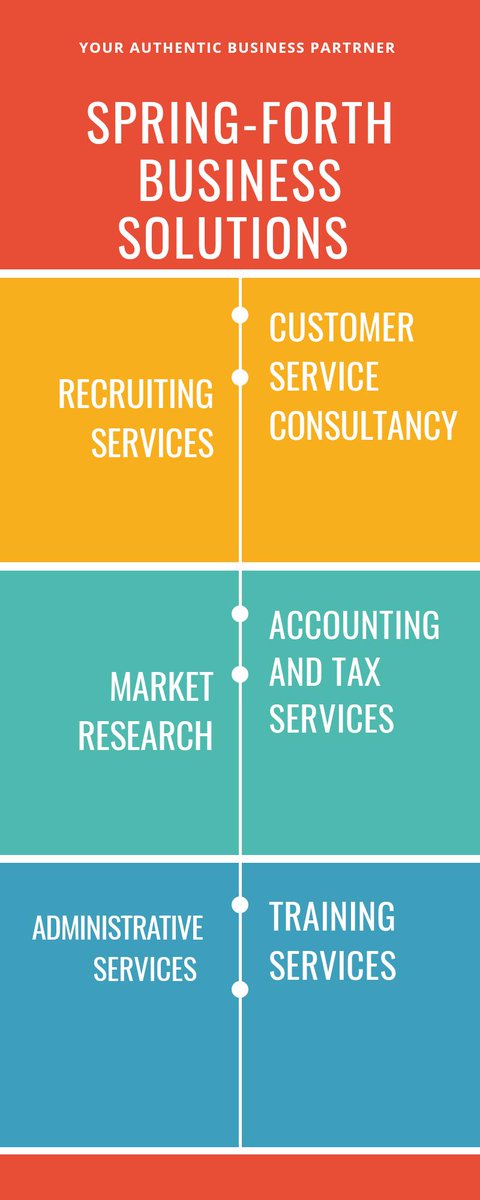 Allocate at least a couple of hours to the conversation, perhaps while sharing a meal. Together you can gain insight around your partner and set intentions for your relationship which you are aligned with and both take ownership around.
Allocate at least a couple of hours to the conversation, perhaps while sharing a meal. Together you can gain insight around your partner and set intentions for your relationship which you are aligned with and both take ownership around.
Examples of Relationship Intentions:
We intend to listen to one another from a place of love and trust in an effort to practice empathy, compassion, and validation. (this will support arguing less)
We intend to recognize our maladaptive coping mechanisms and make a decision to be unguarded and vulnerable. We will each identify and share new, healthy ways to cope with conflict and our individual stress. (this will support conflict resolution, de-escalating, and connection)
We intend to continue to grow our relationship based on how we relate to one another and the place we have in one another’s hearts and not be influenced by the expectations and views of others. (this supports overall happiness, stepping away from roles imposed by family and society)
We intend to share our truth, views, and opinions with our partner to promote understanding, and not impose those said views and opinions on them. (this will support safety and connection).
(this will support safety and connection).
We intend to spend quality time together being fully present and engaged. (this will support connection, intimacy, and trust).
We intend to continue to get to know one another as we recognize that we are individuals who continue to grow, evolve and change. We will not assume to know what the other is thinking or feeling, we will approach one another with love and curiosity. (this will promote intimacy, attraction, and connection)
We intend to create a safe space for one another by communicating in a validating, compassionate manner, being mindful of our tone and body language. (this will support intimacy and safety)
Ready? you Set your Intention…now, Go!
So now that you have created your individual and/or relationship intentions, come up with ways to ensure those intentions come to fruition. In order for intentions to manifest, you must not only think about them, you must have a deeper awareness of the fact that they exist and then practice (an action) something different.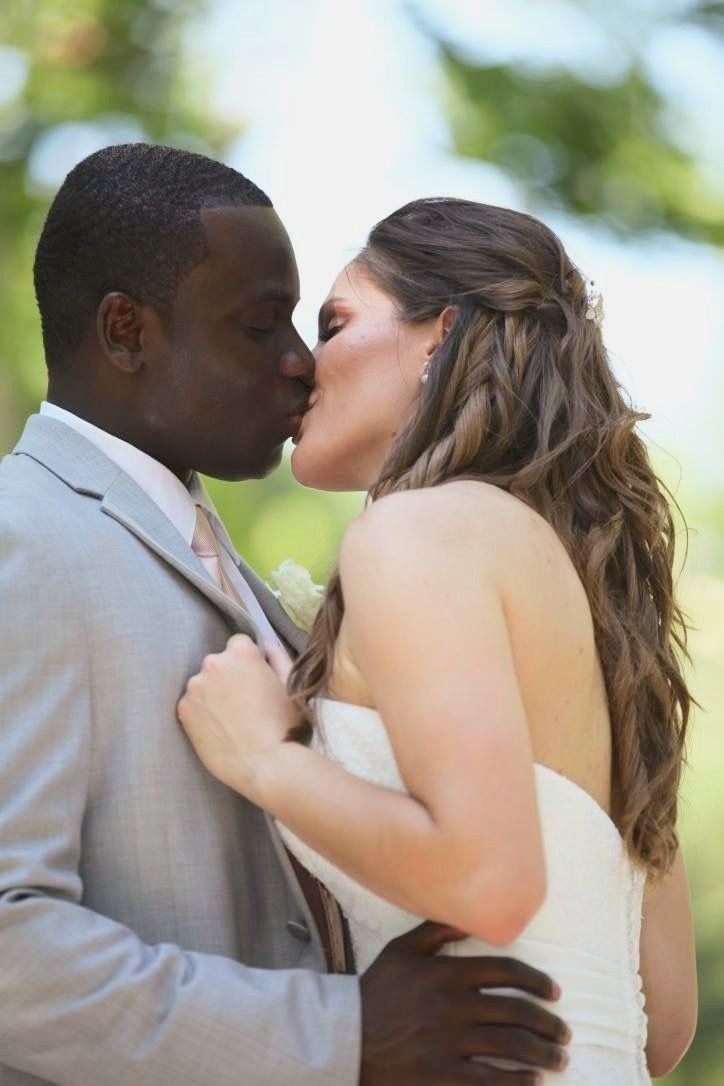
If one of your individual intentions was “I recognize when fears are limiting me and make a decision to practice trust around my ability to handle any outcome.” The first step is the awareness around what you are fearing (identify the fear) and the next step is the actionable item (doing something different). Example: Let’s say that you are not going out socializing because you do not have as many friends as you once had. You have convinced/told yourself that you just do not want to go out, you are an introvert, do not really need or like people and just want to stay to yourself. While this may be true for some people, for many people it is not and the recognition may be around the fact that you are fearful that you can not make new friends, that you are not interesting, that others find you boring and that you will have a difficult time. Once you are aware of that fear, the next step is practicing something different. You can join a meetup with people who have similar interests, join a club, begin a new healthy hobby such as walking or jogging, all with the intention to meet new people.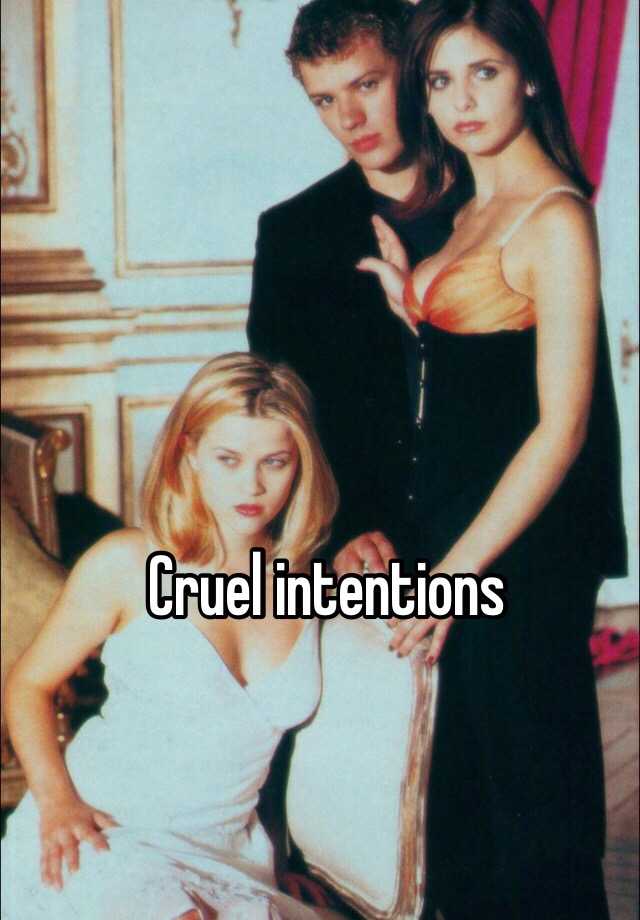 If that seems overwhelming to you, you may make a decision to go to therapy to work on shyness and discover social anxiety may be what has been standing in your way. You have increased your awareness and decided to do something different, you are being intentional.
If that seems overwhelming to you, you may make a decision to go to therapy to work on shyness and discover social anxiety may be what has been standing in your way. You have increased your awareness and decided to do something different, you are being intentional.
In your couple relationship, if you intend to “recognize old maladaptive coping mechanisms and make a decision to be unguarded and vulnerable” what does that look like in awareness? Example: You and your partner have a disagreement, he wants to go out for dinner and you want to stay in. He begins to say that you always want to stay in and he is bored staying in. You hear that (your filter) as him calling you boring. You may get defensive. Your defensiveness may look like shutting down (not saying anything), lashing out (name calling, screaming), walking away, beginning to laugh (deflecting with humor or passive aggressive sarcasm), use of exit language (I can’t deal with this anymore, I’m going to pack my bags and leave, I think we should get a divorce). Those are all maladaptive coping mechanisms aka guards, aka defense mechanisms.
Those are all maladaptive coping mechanisms aka guards, aka defense mechanisms.
Do you know what yours are? (once again, awareness). Ask yourself, what are my defense mechanisms? How do I protect myself? If you do know what yours are, you now have the opportunity to do something different. If you usually internalize what people share and shut down, make the decision to share differently, stating, “that was a trigger for me, I heard that as you calling me boring.” In that simple statement you are now doing something intentionally different and giving your partner the opportunity to show up differently as well. If you are prone to lash out, escalate the argument quickly, engage in name calling, start to yell and blame, then your something different will come in the form of learning how to self-soothe. It is imperative to find new/healthier ways to cope/self-soothe such as: Recognizing that you have been triggered and turning inward to feel better by taking some deep breathes, drinking a glass of water, etc. Finding new language such as, “I’m upset and need to take a few minutes to calm down before we continue to have this conversation,” “I love you, I want us to be able to have this conversation, let’s both start over by listening with compassion and validating.” The awareness will lead to increased intentionality. The intention accompanied by action, will lead to a different outcome.
Finding new language such as, “I’m upset and need to take a few minutes to calm down before we continue to have this conversation,” “I love you, I want us to be able to have this conversation, let’s both start over by listening with compassion and validating.” The awareness will lead to increased intentionality. The intention accompanied by action, will lead to a different outcome.
Begin with a quiet space, a restful heart, and a quiet mind. Set your intentions and practice awareness. When awareness and intentionality exist simultaneously, the desires from within are able to manifest. Set your intention, hold yourself accountable, do something different and allow life to unfold.
The fact is, that every year is your year.
This is already your year,
How will you decide to experience it?
Like this:
Like Loading...
10 Tips on How to Set Intentions in a Relationship
In This Article
The new year is fast approaching. With that comes the promise of fresh starts and the glimmer of what could be with that clean slate. People begin to set an intention of what they plan to accomplish with their gift.
With that comes the promise of fresh starts and the glimmer of what could be with that clean slate. People begin to set an intention of what they plan to accomplish with their gift.
An intention is focusing on a specific direction that you hope things will go, what you anticipate. That can happen with your goals for the new year, and you can also have intentions in a relationship.
Love intentions are not as much about planning but more about a divine concentration that’s more of the heart than of mind. A person can have good intentions if they’re looking for a positive connection.
In that case, they will share only the healthiest aspects of a partnership with a compatible partner.
It’s up to a prospective partner to realize whether those intentions are authentic.
Related Reading: 20 Ways to Build Positive Relationships
What do intentions mean in a relationship?
True intentions in a relationship are not necessarily goals since these are reserved for general life circumstances but more so hopes, anticipations, perhaps a dream that you foresee as the partnership progresses.
Once you determine that a partner is someone that you want to move forward with more exclusively, there comes the point where you need to discuss what are my intentions with this relationship to see where each of you stand.
First and foremost, there needs to be a specific level of self-love intentions before you can love someone else freely and fully with intention.
Ensuring that you are strong in confidence, individuality, and independence allows you to share with another person but not depend on someone else. The expectation in return for love with intention should be comparable.
What are good intentions in a relationship?
Good intentions for dating are specific positive accomplishments that you commit to yourself and your partner to achieve for that partnership as it progresses.
A union can only be healthy when two people work at it. It takes considerable effort not only in the beginning but throughout your lifetime to retain that passion, grow that love and respect, and establish closeness and bond.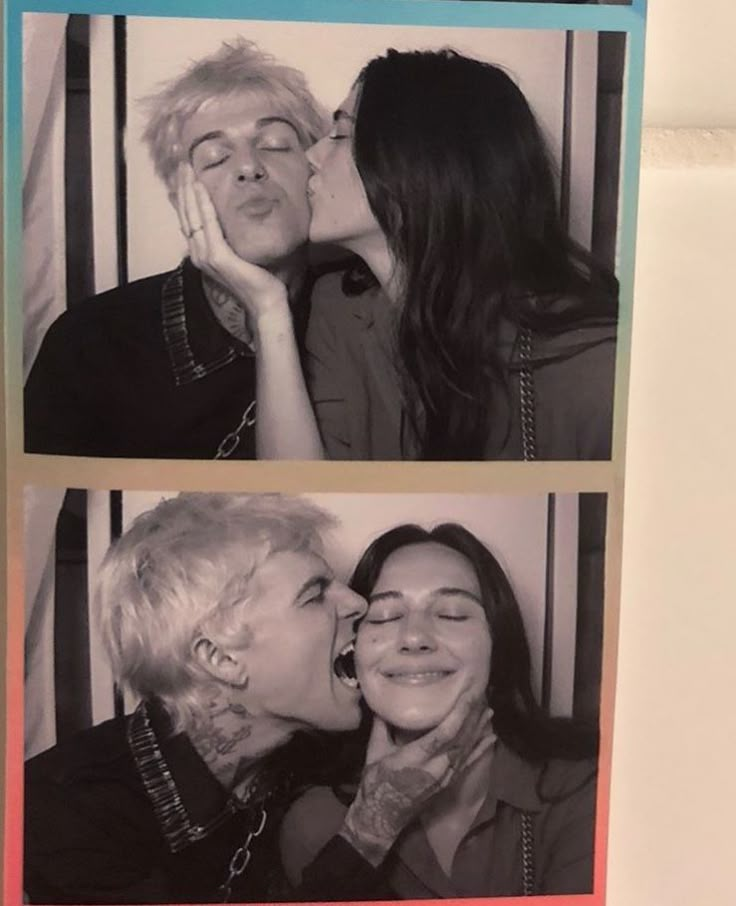
There are specific components that create these elements resulting in a healthy match. If a mate expresses a hope to bring these to the relationship, it represents signs he has good intentions.
Check out this podcast on good intentions in a relationship with Dr. Jessica Higgins. Some we list:
- Showing kindness and respect
- Love unconditionally
- Participate in open, vulnerable communication
- Share passion, affection, and intimacy
- Support and appreciate
- Compliment and admire
- Avoid criticism and complaints
- Promise personal space and individuality
- Likely to argue, bicker, and debate as a healthy couple
- Apologize and forgive
Every couplehood takes two people working together, so each person needs to have good intentions in a relationship. If one makes these commitments, the other needs to have comparative purposes for the union to move forward.
If one makes these commitments, the other needs to have comparative purposes for the union to move forward.
How do couples set intentions in relationships?
Dating with intention can be challenging, but there are ways you can set intentions in the way you present yourself to the people you see or even those with whom you’re developing a relationship.
These aren’t something you plan or “schedule,” as we necessarily see it. These should be part of who you are. So let’s look at a few rules as to how you can date with intention.
1. Don’t compromise on your standardsIf you have friends or family members or tell you that you’re filtering too much, you need to let go of a few characteristics that you’re looking for – no, you don’t.
That person with those specific traits is out there. Your search can go on as long as necessary until you find someone who meets your needs.
Date with that purpose and don’t compromise. Hopefully, you can progress forward with ideal intentions in a relationship if the partnership is successful.
Many people, upon meeting, tend to put on airs instead of presenting themselves as their authentic self. Instead of paying attention to what’s happening and genuinely listening to the other person, they’re busy ensuring their act is perfected throughout the date.
It should be a sincere intention to avoid this habit. Instead, present authentically so your partner can find out instantly if they feel a real sense of connection with the true you. Instinct doesn’t lie.
3. Lead with confidenceSet the intentions in a relationship that you will lead into the relationship feeling secure in the gifts you bring from within and assure that you know you have an understood intention from your partner.
When you have this sense of the strength of conviction, it allows your partner to present comparable strength exposing their attributes and what they intend to bring to the partnership.
4. It should be smoothThe intentions in a relationship are that there should be no struggle. The suggestion here is when you consider each relationship in your life, do you tolerate or endure hassles or difficulties?
The suggestion here is when you consider each relationship in your life, do you tolerate or endure hassles or difficulties?
Why would you want to do so with the person you might be spending a majority of your time with, if not the remainder of your life? No one wants that, and the idea is that won’t be happening.
A healthy relationship should be easy, smooth, and carefree. That’s not saying there will never be challenges or difficulties. That’s, of course, part of having a passionate, long-term partnership. Life will happen, but struggling with each other as a couple should not.
5. Mistakes are impossibleThere are no mistakes when you’re in a loving couplehood, and the intentions in a relationship mean that you never criticize or hold each other responsible over and over again for making mistakes.
These are communicated, worked through, apologized as appropriate, and forgiven. Moving on from there is also an intention with no further mention of what transpired. The past remains there.
The past remains there.
When you become a couple, you don’t automatically meld into one person – that is not the intention. Instead, you maintain your individuality.
The anticipation is that each person will still pursue their own interests, see friends and come together at the end of the day. Personal space is just as important as enjoying time together.
7. Take your intentions slowlyEven if everyone’s intention is understood early on, there is no hurry to move towards a specific “goal” in the partnership. It’s essential to fully become aware of qualities, make sure the intentions are good, and learn if the connection is valid before committing further.
If you’re the one feeling that things are becoming stagnant or you’re finding yourself hesitating, it’s wise to look at the situation again.
8. Vulnerability is a virtueVulnerability between two people ultimately establishes a deeper bond and brings the couple much closer. The intentions in a relationship should be to work towards sharing that benefit in order to strengthen the partnership.
The intentions in a relationship should be to work towards sharing that benefit in order to strengthen the partnership.
You might have to show your knowledge of what are intentions in a relationship by taking the lead with deeper conversations that reveal who you are to develop a degree of comfort and trust so your mate can then open up as well.
Check out this video on how you can be more vulnerable in the relationship:
9. Disallow rejection from your mindsetWhen a date or even a relationship doesn’t work, it’s not your fault. Two people are involved, and two people help create the cracks that deteriorate the foundation.
Your intention to yourself needs to be that you will never allow self-blame when there is a breakup. Instead, understand that some things just don’t fit, but there’s something else that might be waiting in the future.
The intention is to find a partner that will support you in each thing that you do and vice versa, albeit you need to take that a step further.
It’s essential to find someone who will hold you accountable to grow further by reminding you to follow your dreams and consistently challenging you in varied ways to meet those goals.
The person reflects who you are and who you want to be, motivating and encouraging you beyond your imagination. It’s a mutually fulfilling, content experience hoping that it becomes more – at least those are the intentions in a relationship.
How do you know your intentions in a relationship?
Intentions in a relationship are something you either feel committed to within your heart and soul or don’t. When you’re with someone, your instinct will kick in, and you’ll know almost instantly if there’s a connection.
That will start the process for you developing intentions in a relationship of whether you want to move forward and how you want to proceed with the blossoming partnership. Do you intend to be vulnerable, communicative, honest – that will all come to you.
Do you intend to be vulnerable, communicative, honest – that will all come to you.
A more realistic question is how to know a guy’s intentions, and that takes time. They can express them to you and will when prodded, but actions speak louder than words. Over a period of spending time with your mate, you can develop a sense of their authenticity.
Final thoughtThe idea of intentions is to relatively commit to bringing specific components to a partnership in hopes that it can move forward healthfully. When one person sets intentions, it’s the hope that the other person has comparable commitments for the relationship.
When you’re with a mate for whom you have deep feelings but things are stuck in one place, and you want to move forward, it’s wise to re-evaluate each person’s intentions for the future.
If you both seem to be on the same page, but you’re unsure how to get past the hesitancy, perhaps, a professional counselor can offer beneficial feedback that can guide you to a better place.
Why Women Like Being Alone: 8 Possible Reasons
In Runaway Bride, when Maggie Carpenter tries to buy the wedding dress she likes, the saleswoman finds a dozen arguments to convince her to choose another one. And the heroine of Julia Roberts almost agrees, indirectly admitting that her personal preferences do not matter. And later, Richard Gere's character accuses her of being so influenced by others that she doesn't even know what kind of eggs she likes: fried, scrambled or poached.
Since childhood, people around us have been trying to impose their opinion on us, unwittingly or, as they think, “with good intentions”. Separation from parents partly solves this problem, but, in addition to mom and dad, there are other people. Sometimes you need to thoroughly understand whether vegetarianism is a conscious decision or whether you stopped eating meat because you adopted this habit from your ex-husband. Do you really want to spend a vacation in Bali, or would a trip to Baikal bring you much more joy, but everyone around you says that Bali is fashionable? Sometimes the presence of even a caring, loving partner nearby makes it difficult to understand which voice of all that sounds in our head belongs to us, and not to someone else.
Advertising on RBC www.adv.rbc.ru
Due to historical, economic and cultural peculiarities in Russia, the stereotype is still preserved, according to which a man should not only be the main earner in the family, but also the one who pays the bills, repairs the car and decides where the family goes on vacation. As a result, a woman sometimes gets the feeling that she cannot provide for herself a comfortable life on her own, especially if before marriage she lived with her parents and they made many decisions for her.
But when a woman exists without a mate and without parental care, she willy-nilly has to do herself what someone else used to do. And it turns out that, firstly, it is not very difficult. Secondly, knowing that you are quite capable of preparing the necessary documents for renting an apartment or taking the car to a service, figuring out what is wrong with it, and paying for repairs brings satisfaction and gives confidence in yourself and your abilities.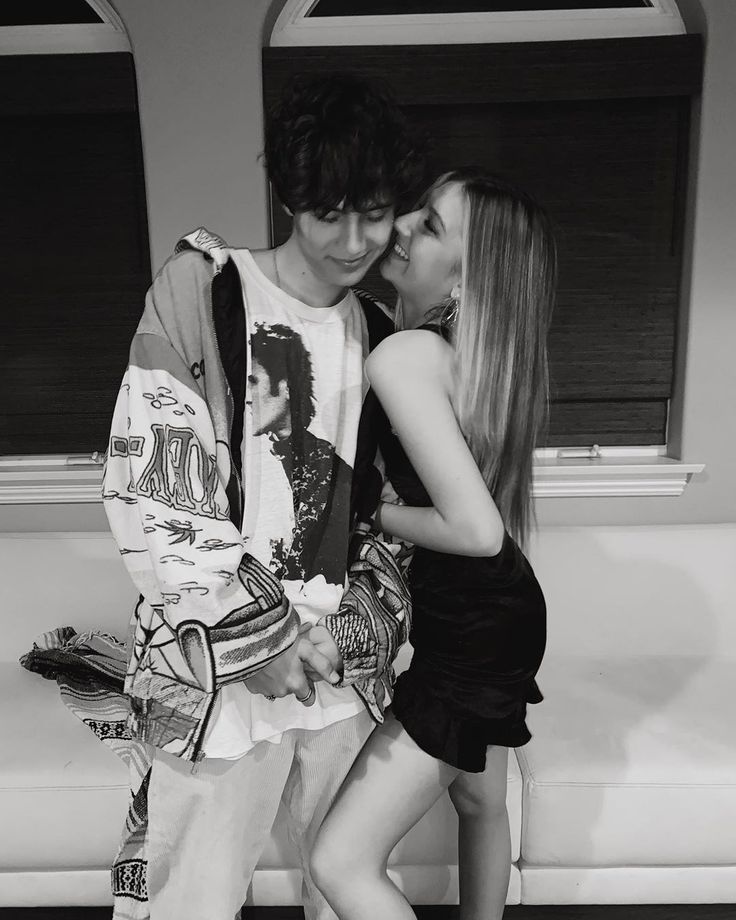
The belief that a woman, not having time to part with one person, must immediately start looking for the next one in order to “not waste time”, another harmful myth. According to researchers, we need at least 11 weeks to recover from a breakup. In the case of a divorce, this period is stretched for a year, or even a year and a half. Due to individual characteristics, it can both decrease and increase.
But sometimes, even after more or less psychological recovery, a woman still prefers to pause new acquaintances. For example, she is trying to figure out if she did the right thing by breaking up with her ex-partner, or perhaps it is worth giving their union another chance. Or, on the contrary, she wants to make sure that he no longer plays an important role in her life and she is ready to move on. Relationships in general take a lot of energy, require constant work on yourself, and after several years of searching for compromises, it may be necessary to reboot, feeling left to yourself.
© Joshua Rawson-Harris/Unsplash
Of course, a relationship doesn't necessarily mean that you should only go on vacation together and only meet mutual friends on weekends. And in general, the lack of personal space for partners is more likely to harm them. But from time to time you still have to choose between having dinner with your husband’s relatives or going to a concert of your favorite artist: without a reasonable amount of concessions, respectful relationships are also unthinkable. And when they have children, even more so.
If you do not have a family and obligations to it, there is nothing to be ashamed of, and honestly admit to yourself that at the moment you like to make plans without fear of infringing on the interests of another person or upset him. That weekly trips out of town with friends make you happy and that you don't want to change this tradition anytime soon. That you, after all, like to travel alone and you do not have the desire to worry every time that this may offend your partner.
Flirting helps us feel attractive, cheers us up, allows us to escape from the routine and at the same time does not create the tension that arises at the very beginning of the novel, when people still do not know what to expect and are just groping for the right approach to each other . In turn, a date is a way not only to find a couple, but also to have fun with a nice person. In general, even a monogamous marriage does not exclude flirting with someone other than a husband or wife: here how the spouses will agree and what boundaries will be determined. But enjoying flirting with a fitness instructor or a neighbor with whom you walk dogs in the morning is still much easier in the status of a loner, without feeling guilty about a partner whom harmless sympathy can seriously hurt.
We live in an era when society is gradually ceasing to be heteronormative and focused only on the classical, monogamous family model. A woman who has heard all her life from relatives that she must get married and have a baby, now has many reasons to wonder if such a plan really suits her.
It may turn out that she will be more satisfied with a guest marriage, or a friendly union with the prospect of raising common children, or she does not want to have a permanent partner in principle, but wants to meet new people and let them into her life for some short period. It also happens that, only after ceasing to feel the strong pressure of society, a woman suddenly realizes that she did not develop relationships with men because she really likes girls. Both accepting your sexuality and the process of realizing what kind of relationship you want is not an easy path, and it often needs to be walked alone.
© Enrico Carcasci/Unsplash
According to statistics, more than 60% of marriages in Russia end in divorce, with about 20% occurring in the first year or two of marriage. Behind the dry numbers are thousands of stories of real people who were forced to go through conflicts and difficult separations, including because they hurried up and created a couple with those whose values and worldview they do not really share. However, the point is not only that examples of unsuccessful marriages among friends and acquaintances make us take a more responsible attitude to the choice of a partner.
However, the point is not only that examples of unsuccessful marriages among friends and acquaintances make us take a more responsible attitude to the choice of a partner.
Today, women have more opportunities to get a good education, a profession and provide for themselves. And reproductive technologies make it possible to shift the age of motherhood towards 40 years or save eggs for the future. As a result, we can enjoy loneliness longer and spend more time meeting the right person, without the fear of “not having time” to start a family or be left without a livelihood. Alas, this is more likely to concern residents of large cities: in the regions, the marriage intentions of people still largely depend on difficult living conditions.
A home that makes you feel comfortable and safe is of great value. Especially for those who lived with their parents for a long time and shared a room with a brother or sister. We have been working hard for years, or even decades, to buy an apartment - or rent it, but spacious enough and in a good area.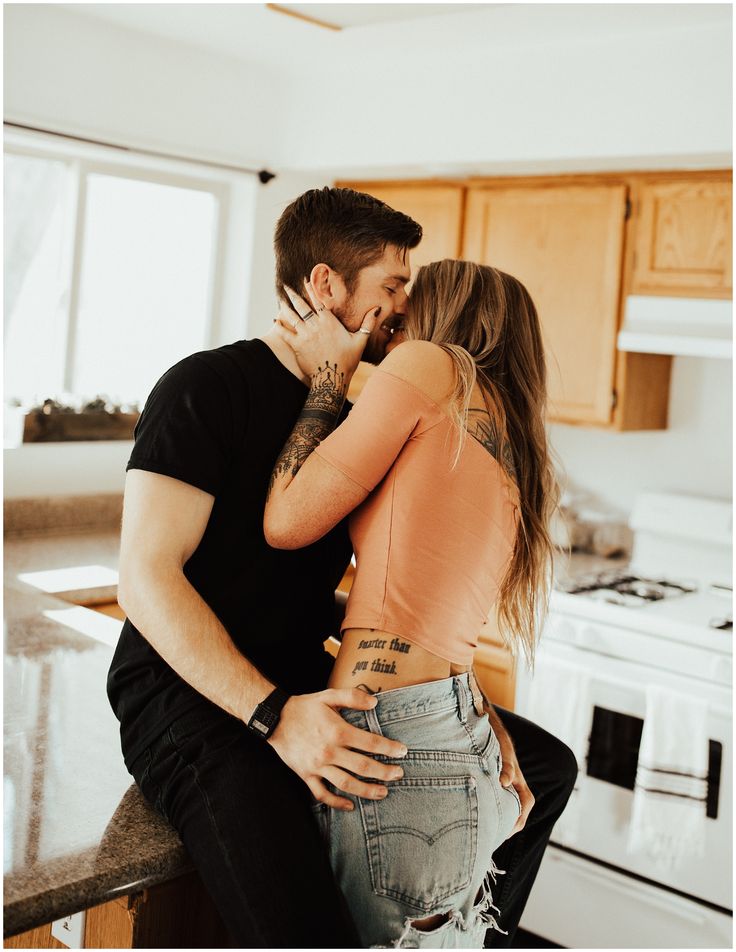
Separate housing allows you to not obey the rules that someone else came up with. At your discretion, scatter things or dust three times a day. Turn the kitchen into a field for experiments or not cook at all - even though my mother said that there should always be soup and meatballs in the refrigerator. There is nothing extraordinary in the fact that in your personal ranking of priorities, the next romance is lower than the desire to take care of yourself, if you get a good night's sleep only when you are alone, and the presence of another person in the apartment creates additional restrictions that you have long dreamed of getting rid of. .
Tags: relationships
Fortnite Mini Championship: Chapter 2 Season 2
Question: If I play on different teams in different weeks, will my tournament points stay the same?
Answer: No. Points are saved only if the composition of the pair remains unchanged. Each pair is unique, and the points scored are assigned only to its original composition. By replacing at least one of the participants, you will create a new team that has not yet scored a single point.
Points are saved only if the composition of the pair remains unchanged. Each pair is unique, and the points scored are assigned only to its original composition. By replacing at least one of the participants, you will create a new team that has not yet scored a single point.
Question: Last week one of the teams qualified in my region. In the extra week, the same team was automatically selected. Does this mean that her place will be taken by the team that is next on this week's leaderboard?
Answer: No. Prizes and tournament points are awarded to the teams that have passed the selection, depending on the place taken. This week, the result of automatic selection among teams in the leaderboard will not be taken into account: instead, we will hold an additional selection at the end of the fourth week.
Question: When do the weekly tournament matches start?
Answer: The start time of matches depends on the region in which they take place. The schedule of matches for all regions is presented on the "Competitions" tab in the game.
The schedule of matches for all regions is presented on the "Competitions" tab in the game.
Question: How is the exchange of players?
Answer: In this season's mini-championship, the exchange of players between eligible teams is prohibited.
Question: I managed to qualify with several teams. How, then, will I participate in the final matches of the season?
Answer: The first team that meets the selection criteria is allowed to participate in the final matches of the season. If a member of the qualifying team meets the qualifying criteria along with members of the other team, the other team will forfeit the right to participate in the final matches. In order for the second team to be allowed to participate, both players from the first team must agree and indicate their intention to disband the team by emailing the event organizer at [email protected] by Monday, November 25 at 07:00 Moscow time.
Question: I can't get in line and participate in the event.



